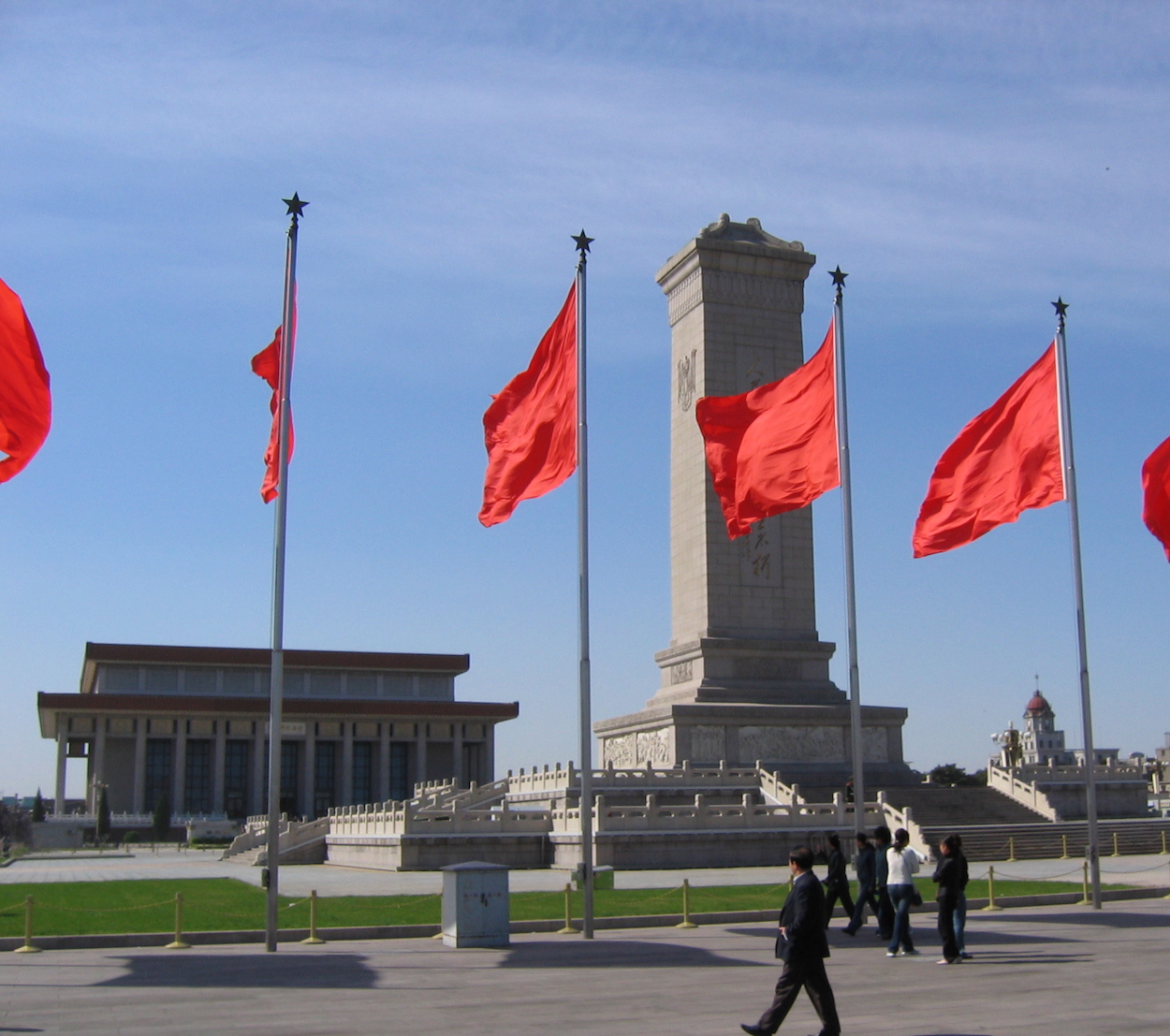by Brian Hioe
語言:
English
Photo Credit: Brian Hioe
WITH RECENT reports that China is preparing to vet Taiwanese businesses that conduct trade with China in order to filter out “pro-independence” businesses, we might step back to evaluate China’s claims. The specter of China “shutting off” trade to Taiwan is one frequently raised, usually as an economic threat waved around by China in attempts to influence Taiwanese domestic politics. In reality, Taiwan and China’s trade links go both ways, and China could not so easily disentangle itself from Taiwan if it wanted to—China is importantly reliant on Taiwan, a large regional economy, just as Taiwan’s economy has become increasingly integrated with China’s in recent years.
As such, although not impossible, it would be an enormous and risky undertaking for China to vet Taiwanese businesses trading with China for “pro-independence sentiment.” But first off, how would China define “pro-independence”? China would probably define businesses which conduct relations with the DPP as “pro-Taiwanese independence”, yet with the DPP currently in control of the presidency and legislature, what Taiwanese business cannot help but conduct relations with the DPP?
Again, China’s economy is reliant on Taiwan just as Taiwan’s economy is reliant on China’s. With China’s economy slowing in recent years, trying to pry apart Taiwanese and Chinese trade connections could actually have quite a detrimental effect for China at the moment. Nevertheless, China has attempted to claim that it can shut off trade with Taiwan as a whole through efforts such as waving around the threat of reducing Chinese tourist numbers while claiming that Taiwan’s economy is so dependent upon the tourist industry that without Chinese tourists, Taiwan’s economy cannot survive. This is not backed up by the numbers, which do not illustrate such dramatic drops in Chinese tourism. Whatever the claims of China or the KMT, the Chinese tourism industry in Taiwan is relatively isolated from other industries, and so a decline in Chinese tourism does not significantly affect Taiwan’s industries as a whole.
 Photo credit: Neutronic/WikiCommons
Photo credit: Neutronic/WikiCommons
But returning to the general difficulties of disentangling the Taiwanese and Chinese economies, even if criteria were to be drawn up for defining “pro-independence” businesses, it would be a herculean effort to vet all of Taiwan’s businesses to determine which are pro-independence and which are not. Such an effort would have to be on the same scale as attempts to develop a rating system for the social credit of all Chinese citizens.
More than likely, China would simply pick out a few prominent businesses which have known longstanding ties with the DPP and shut them out of China, using them as examples, while acting as though this were a policy targeting all Taiwanese businesses. As with claimed declines in Chinese tourism, an attempt to make one section of one industry seem representative of the Taiwanese economy as a whole, China does not actually have the ability to “shut off” trade with all of Taiwan as though this were as easy as turning a faucet on and off.
And so China needs to create false perceptions about trade between China and Taiwan which suit its political aims regarding Taiwan. Strategies include making examples out of individuals to create the perception of wide-ranging policy, minimizing the size of Taiwan’s economy relative to other regional economies to make it seem as though the Taiwanese economy were so small that it is merely a drop in bucket next to China’s, and downplaying that economic ties between Taiwan and China go both ways. When it can make even Taiwanese media buy these narratives, China is successful. It remains to call China out on its bluffs when needed.

